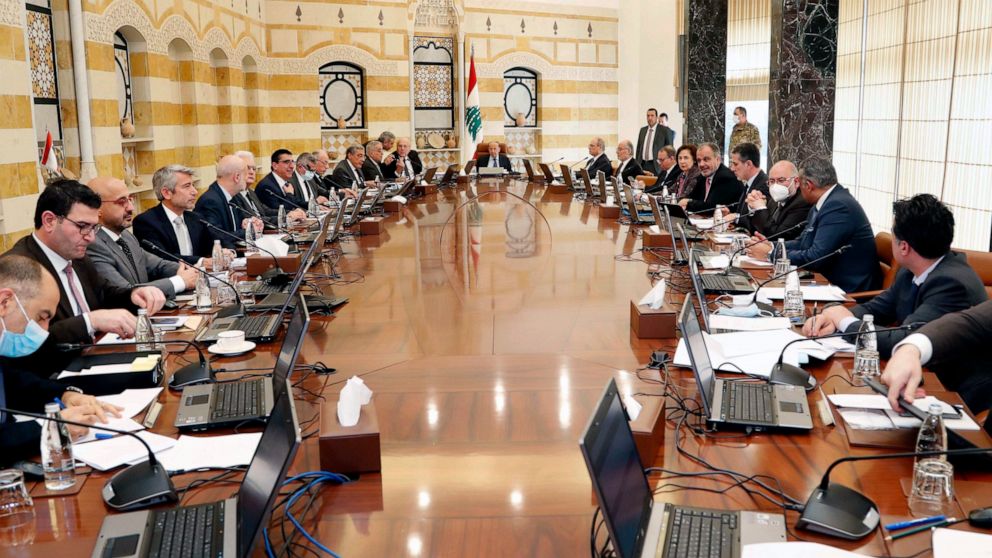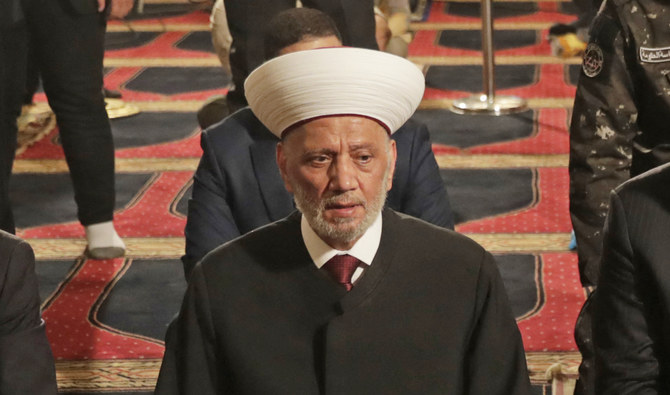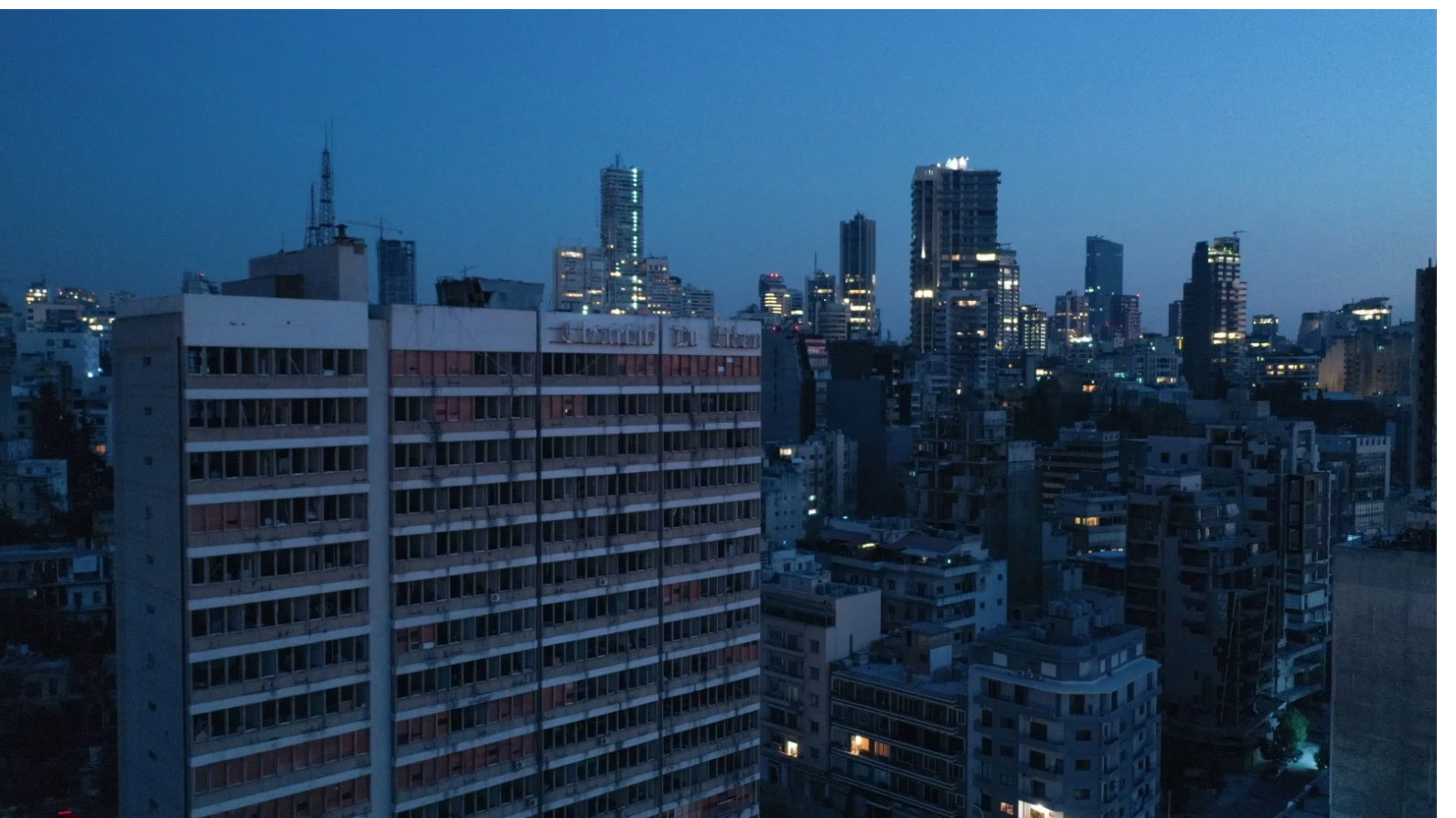
By Najia Houssari -- arabnews.com -- BEIRUT: Parties standing in the May 15 parliamentary elections in Lebanon are hurrying to draw up their candidate lists ahead of the Monday deadline for registration. Campaigning for the elections is gathering pace as candidates visit their constituents across the country and their rhetoric becomes increasingly inflammatory. Most of the parties in power have announced their lists and alliances, but the opposition and independent forces are still forming lists and alliances.
A voter in the Baalbek-Hermel constituency told Arab News that “Hezbollah mobilized all its electoral machinery and began touring the voters, wooing them in Beirut and its southern suburbs, in the Bekaa and the south.” The voter added that party delegates “enquire about the number of voters in each house and whether they need transportation to reach the polling booth, and ask them to fill out a specific form to communicate with them.” The voter, who declined to be named, also indicated that Hezbollah’s delegates were being challenged during campaigns. They said people were raising queries about how the party had benefited them during the last period of being in power, and that their situation had become worse. “The same applies to other parties whose electoral machines face losing the voter enthusiasm.”
NNA – Minister of Industry, George Boujikian, on Friday said during his meeting with the CEO and founder of “Made in Lebanon” …

By Najia Houssari -- arabnews.com -- BEIRUT: Lebanon’s Grand Mufti Sheikh Abdel Latif Derian has called on Lebanese voters to participate in upcoming parliamentary elections without hesitation. “Any alternative produced by the elections is better than the coercive and corrupt authority, and some candidates are motivated and willing to create change,” he said. Addressing the Lebanese people on Friday ahead of Ramadan, Derian criticized what he called a “corrupt clique” in power. He accused them of demolishing “everything that the Lebanese built in 100 years, including the judiciary and the banking sector, as well as Lebanon’s relations with Arab and international countries.” Derian criticized the “desperate attempts to ruin Lebanon’s identity, belonging and constitution, and destroy the principle of separation of powers in favor of personal feuds and miserable political interests.”
FASTFACT
Lebanon’s Grand Mufti Sheikh Abdel Latif Derian has called on Lebanese voters to participate in upcoming parliamentary elections without hesitation. He expressed concern about the military losing stature and power in favor of militias that follow orders from abroad.

By Nour Ghantous --energymonitor.ai -- In October 2021, the power in Lebanon cut out completely for 24 hours. The country’s two main power plants had run out of fuel, leaving the entire country without electricity. The nation was plunged into darkness and hospitals were forced to halt vital procedures. In August of the same year, the American University of Beirut Medical Centre had appealed to the international community for help when it had just 48 hours of fuel left for its generators; after that it would no longer have the power to run its respirators, which 15 children and more than 100 dialysis patients depended on for their lives.
The blackout was a symptom of a bigger problem: decades of mismanagement and extreme fuel shortages culminated in an energy crisis that started in 2020. Power outages are nothing new for Lebanese citizens – they have been part of daily life for decades – but they are becoming more commonplace. Today’s crisis comes on top of political instability, a financial crisis, the Covid-19 pandemic and the lasting effects of the 2020 Beirut blast, when a large amount of ammonium nitrate stored at the Port of Beirut exploded, causing hundreds of deaths, $15bn (L£22.89trn) of damage, and leaving upwards of 300,000 homeless.
Corrupt to the core
Khazen History


Historical Feature:
Churches and Monasteries of the Khazen family

St. Anthony of Padua Church in Ballouneh
Mar Abda Church in Bakaatit Kanaan
Saint Michael Church in Bkaatouta
Saint Therese Church in Qolayaat
Saint Simeon Stylites (مار سمعان العامودي) Church In Ajaltoun
Virgin Mary Church (سيدة المعونات) in Sheilé
Assumption of Mary Church in Ballouneh
1 - The sword of the Maronite Prince
2 - LES KHAZEN CONSULS DE FRANCE
3 - LES MARONITES & LES KHAZEN
4 - LES MAAN & LES KHAZEN
5 - ORIGINE DE LA FAMILLE
Population Movements to Keserwan - The Khazens and The Maans
ما جاء عن الثورة في المقاطعة الكسروانية
ثورة أهالي كسروان على المشايخ الخوازنة وأسبابها
Origins of the "Prince of Maronite" Title
Growing diversity: the Khazin sheiks and the clergy in the first decades of the 18th century
Historical Members:
Barbar Beik El Khazen [English]
Patriach Toubia Kaiss El Khazen(Biography & Life Part1 Part2) (Arabic)
Patriach Youssef Dargham El Khazen (Cont'd)
Cheikh Bishara Jafal El Khazen
Patriarch Youssef Raji El Khazen
The Martyrs Cheikh Philippe & Cheikh Farid El Khazen
Cheikh Nawfal El Khazen (Consul De France)
Cheikh Hossun El Khazen (Consul De France)
Cheikh Abou-Nawfal El Khazen (Consul De France)
Cheikh Francis Abee Nader & his son Yousef
Cheikh Abou-Kanso El Khazen (Consul De France)
Cheikh Abou Nader El Khazen
Cheikh Chafic El Khazen
Cheikh Keserwan El Khazen
Cheikh Serhal El Khazen [English]
Cheikh Rafiq El Khazen [English]
Cheikh Hanna El Khazen
Cheikha Arzi El Khazen
Marie El Khazen